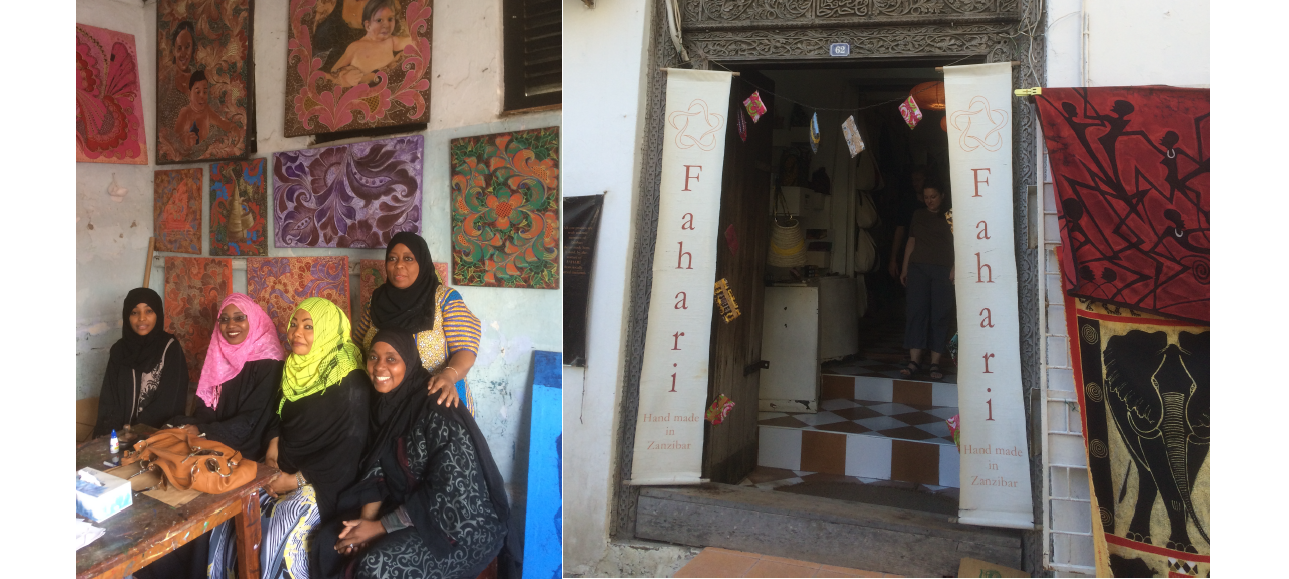TGT Incubation

TGT’s mission is to work in partnership with others to transform young entrepreneurs, women-led SMEs and smallholder farmers into globally competitive enterprises. One of the ways in which we do this is through incubation. This is where we nurture new innovations and small businesses to help them survive and grow through the difficult early stages of development.
At TGT we focus on two types of incubation:
SME Incubation
This type of incubation focuses on nurturing SMEs to help them grow into strong and profitable entities. We provide all the support and knowledge the SMEs need to learn how to survive and thrive. This includes training on how to run a business, training on how to improve the quality of their product, training on how to access markets, and linkages to affordable financial resources they need to grow their businesses. We also assist the SMEs in acquiring improved technology for their business.
Some of our SME incubation programmes have included:
- Tanzania Virtual Business Incubator programme, the virtual business incubator programme that is helping women to set up and grow businesses in the textile, handcraft, food processing and poultry keeping sectors.
- Technology and Innovation Cluster Development programme where we worked with the University of Dar es Salaam to implement business incubators for young entrepreneurs in Kibaha, Morogoro and Lushoto
- Fahari Women’s Group in Zanzibar which targets the tourist market with its jewellery, textiles and handcrafts
- Hurumzi Art Gallery Company Limited in Zanzibar which specializes in henna painting on canvas
Business Innovation Incubation
The second type of incubation focuses on starting and growing small business development innovations that support SMEs and small farmers. Once these innovations are large enough to function on their own, we either turn them into separate viable entities, or our funding partners pick them up and turn them into large scale operations.
Some of our business innovation incubation programmes have included:
- Community Bank Association, which started in 1997 as a TGT initiative to help deepen financial access in rural areas, evolved into a legal Association representing community banks and later became Community Banks Association of Tanzania (COBAT).
- Cotton Sector Development Programme, which began as a programme to increase the production and utilization of cotton in Tanzania, has grown into a big programme and has been taken over by Gatsby Africa to increase its scale
- Tanzania Tree Biotechnology Programme, which introduced clonal forestry biotechnology to alleviate pressure on Tanzania’s natural forests, evolved into the Forestry Development Trust
